Why Organic Farmers Are Angry With Whole Foods
The chain's latest move is another strike against its holier-than-thou image.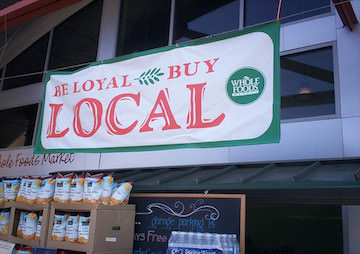
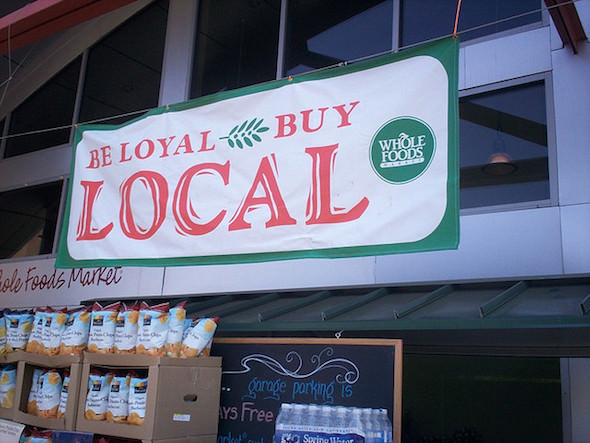
Bourgeois supermarket chain Whole Foods has drawn the wrath of a number of its faithful organic suppliers. The multibillion-dollar company specializing in organic food recently introduced a rating program that in some cases may give non-organic produce a higher rating than fruits and vegetables grown organically.
In an open letter to Whole Foods Chief Executive John Mackey, five farmers wrote, “Whole Foods has done so much to help educate consumers about the advantages of eating an organic diet. This new rating program undermines, to a great degree, that effort.”
The pioneer of so-called conscious capitalism, Mackey already has quite a lot to answer for when it comes to labor rights, having once compared unions to herpes. His company recently found itself in hot water over its use of prison labor.
As The New York Times reports, this latest move certainly seems like another strike against the chain’s holier-than-thou image:
… some organic farmers contend that Whole Foods is quietly using its formidable marketing skills and its credibility with consumers to convey that conventionally grown produce is just as good — or even better — than their organically grown products. Shoppers can choose from fruits and vegetables carrying the designation of “good,” “better” or “best.”
The longtime suppliers to Whole Foods are complaining that the program called Responsibly Grown can grant a farmer who does not meet the stringent requirements for federal organic certification the same rating as an organic farmer, or even a higher one. Conventional growers can receive higher rankings than organic farmers by doing things like establishing a garbage recycling program, relying more on alternative energy sources, eliminating some pesticides and setting aside a portion of fields as a conservation area.
Tom Willey, who has been farming organically for more than 40 years in and around Madera, Calif., and others say the program is a subtle way of shifting the costs of a marketing program onto growers.
“The reports we’re getting from speaking to farmers around the country are that they are spending anywhere from $5,000 to $20,000 to comply with this program,” said Mr. Willey, one of the farmers who signed the letter.
“Back in the day, Whole Foods was buying half of all the organic produce in the country — they helped a lot of organic farms get going,” said Jeff Larkey of Route 1 Farms, who grows a variety of fruits and vegetables on 65 acres north of Santa Cruz, Calif. “Now they’re competing with the large supermarkets, and that may be one reason they’re trying to make conventional look better.”
“Becoming organic is a big investment of time and money,” Mr. Larkey said. “This ratings system kind of devalues all that — if you can get a ‘best’ rating as a conventional farmer using pesticides and other toxic substances, why would you grow organically?”
–Posted by Roisin Davis
Independent journalism is under threat and overshadowed by heavily funded mainstream media.
You can help level the playing field. Become a member.
Your tax-deductible contribution keeps us digging beneath the headlines to give you thought-provoking, investigative reporting and analysis that unearths what's really happening- without compromise.
Give today to support our courageous, independent journalists.
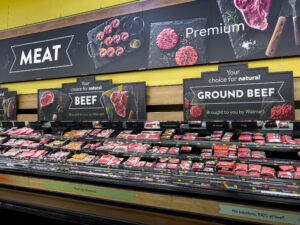
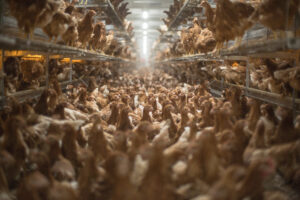
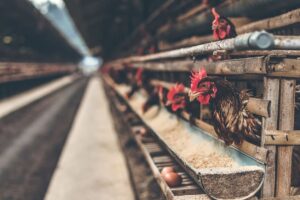



You need to be a supporter to comment.
There are currently no responses to this article.
Be the first to respond.